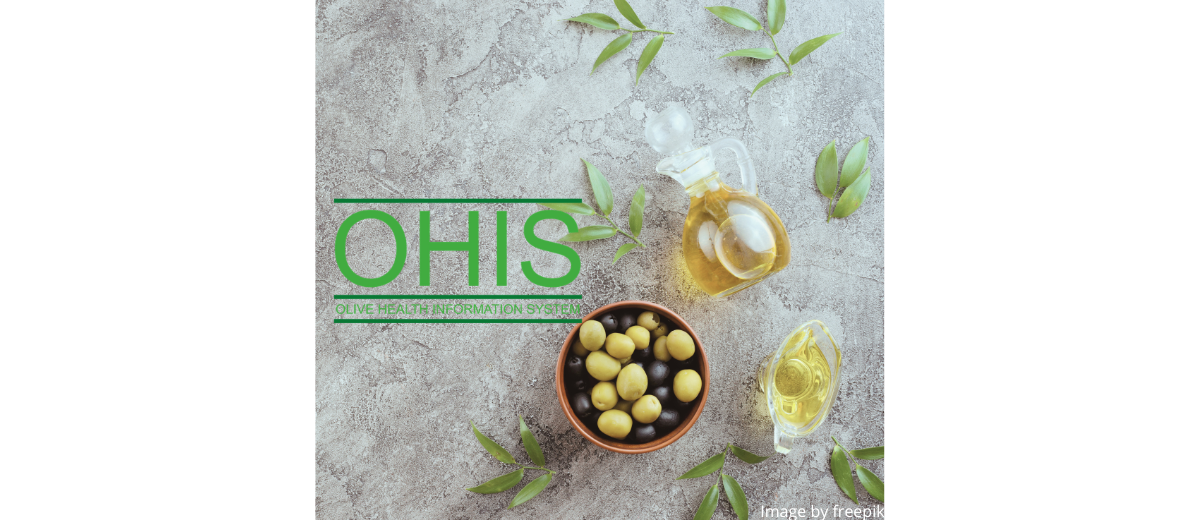The Olive Health Information System website
The newsletter of the University of Navarra and the IOC dedicated to health
It is already known that maternal habits during pregnancy are important and influence the health of the future baby. Following a healthy diet rich in olive oil, vegetables, fruits, legumes, nuts, and fish, such as the Mediterranean Diet (MedDiet), has demonstrated consistently several benefits not only in pregnant women but also in the general population and those who suffer from certain diseases.
A recent study specifically investigated the relationship between the diet of pregnant women and their baby’s risk of growing up overweight or obese. For this, researchers assessed the diet of 272 expectant mothers using a food frequency questionnaire at weeks 12, 24 and 36 of gestation. Four years after the birth, anthropometric measurements (weight and height) of their respective 272 children were collected at healthcare centers. Researchers found that children whose mothers followed closely the MedDiet during pregnancy had significantly less risk to be overweight or obese, and this risk decreased as adherence to the MedDiet increased. The mothers who were overweight or obese at the start of their pregnancy also had a higher risk of having a child with overweight or obesity at age 4, revealing the importance of maintain a healthy weight in all stages of life.
In this respect, existing evidence shows that the unsaturated fatty acids and fiber present in the MedDiet contribute to some of its beneficial effects on weight homeostasis and metabolic risk factors. Interestingly, this randomized control trial on the look for strategies to ameliorate fatty liver disease (NAFLD) in Asian population, studied the effect of a Mediterranean-like, culturally contextualized Asian diet. This was carried out by randomly assigning 88 Asian women to one of the following 3 groups: MedDiet with pentadecanoic acid ((C15:0) supplementation (associated with a lower risk of NAFDL), MedDiet without C15:0 supplementation and a control group. After 12 weeks of intervention, weight decreased significantly in both diet groups, as did the concentration of fat in the liver. Additionally, many cardiometabolic risk factors improved significantly in all three groups but some of them improved only in the diet groups (LDL cholesterol, triglycerides, and gamma-glutamyl transferase, a marker of hepatic disease).
Lastly, shifting our focus to neurodegenerative diseases, a recent study evaluated the potential benefits of the MedDiet on quality of life and mental health in patients with multiple sclerosis (MS). The study included 558 Greek adults with MS from whom blood samples were collected and whose diet, physical activity, quality of life and some variables related to depression and disability were evaluated through a series of questionnaires. With the information collected, researchers observed that participants who adhered more closely to the MedDiet had an improved profile of blood markers of iron deficiency, malnutrition, and inflammation. Moreover, participants with higher adherence to the MedDiet suffered significantly less from overweight and obesity, had a lower degree of disease disability and a lower prevalence of depressive symptoms. On the contrary, participants reported a worse quality of life when their adherence to the MedDiet was lower.
Click HERE to see the latest posts…









